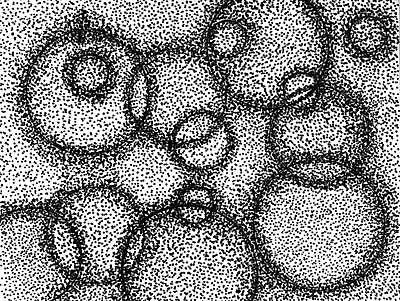All Nonfiction
- Bullying
- Books
- Academic
- Author Interviews
- Celebrity interviews
- College Articles
- College Essays
- Educator of the Year
- Heroes
- Interviews
- Memoir
- Personal Experience
- Sports
- Travel & Culture
All Opinions
- Bullying
- Current Events / Politics
- Discrimination
- Drugs / Alcohol / Smoking
- Entertainment / Celebrities
- Environment
- Love / Relationships
- Movies / Music / TV
- Pop Culture / Trends
- School / College
- Social Issues / Civics
- Spirituality / Religion
- Sports / Hobbies
All Hot Topics
- Bullying
- Community Service
- Environment
- Health
- Letters to the Editor
- Pride & Prejudice
- What Matters
- Back
Summer Guide
- Program Links
- Program Reviews
- Back
College Guide
- College Links
- College Reviews
- College Essays
- College Articles
- Back
The Horror of Organ Sales
“Earth provides enough to satisfy every man’s need, but not everyone’s greed.” I wonder what the great Mahatma Gandhi would make of our world today where greed has created a brisk business in the sale of human organs.
Earth indeed can provide our every need, and with medical advancements, we have found ways to fight the ravages of heart, lung, liver and kidney diseases. Countless lives have been saved through organ transplants. Yet, the means to use what nature has available have not kept pace with the immediate demand for organs. Though organ donations are encouraged through reputable means like advance permission indicated on drivers' licenses, too many people are still hesitant to make the commitment to donate their organs from their deceased loved ones. As of 4:02 PM on February 15, 2010, there were 105, 688 patients waiting for organs in the country. Unfortunately, people have found a new but horrifying alternative to this problem. It has been a concern from the day that it had begun.
In 1994, the Transplant of Human Organ Act had placed a nationwide ban in India for selling organs. But today India has the biggest black market operating under this business and it continues to thrive as demand is increasing. Poor people are the vulnerable targets of these cruel sales because of their desperate need for income. Someone promises them thousands of dollars for an organ, and they end up receiving only a quarter of what was promised. The price they pay can be a lot worse than debt. One narrator describes the situation of a victim, “At the time, an organ trader promised Guna, 38, a motorized-rickshaw driver with a fourth-grade education, $2,500 for the kidney, of which he eventually received only half. Since then, he has experienced excruciating pain in his hip that has kept him from working full time and pushed him deeper in debt.” One woman who sold her kidney got only a fifth of what was promised to her. Then, her son developed kidney disease, but she had no kidney to donate.
China has another way to find organs. According to credible sources, China executes 2,000 to 8,000 people every year. Many of these bodies are operated on for their organs, without consent prior to death. Sadly, there is little moral outrage over this practice. Even more appalling, China and India not only make money on the organs but on the "medical tourists" who come to these countries seeking medical help and often cheap, human organs. China and India have had medical tourism increase in the past few years as illicit trading continues to prosper. India is expected to receive about $2.2 billion from medical tourism in 2012. Many foreign patients are unaware of the circumstances of the "donated" organs. They do pay for their surgeries (a boon to the doctors in these countries), which makes the system seem credible.
Organ sales do not help many people. They are simply a moral injustice in our society. As Jeffrey P. Kahn said in his CNN article, organ sales are “short term profits, long term suffering.” Only the wealthiest people can afford to buy these organs and hope that they are of good quality. For example, Steve Jobs received a liver transplant without having to wait a year like other patients. Because of his status and wealth he got pushed in front of thousands of people waiting for that same organ. Now those people that continue to wait have no choice but to resort to countries like India and China to buy their organs.
Organ sales are both a moral and a health issue. Most of the organs come from poor people who may be living in filthy environments and are exposed to unhealthy habits like drugs. In developing countries such as India and China, lack of knowledge about the harmful effects of drugs, leads to severe drug use. Even in Britain, one US soldier died after receiving the lungs of a heavy smoker. The man who donated the lungs smoked 30-50 cigarette rolls a day. But this was an advanced medical facility, and the hospital claimed that it rigorously checks all organs before giving a transplant. The surgeons that participate in the organ sales don’t even check the quality of the organs. If these damaged organs are functioning in other bodies, they could cause chronic and sometimes life threatening health conditions.
The black market of organ transplant has a negative impact on our moral values as a society and while it may be saving the life of one person, it could be destroying many others. Mahatma Gandhi’s wise words seem to fall on deaf ears as his country men as well as those in China and elsewhere prey on human need to feed their own greed. People’s endless desire for money and the desperation of others has made their own organs a commodity.

Similar Articles
JOIN THE DISCUSSION
This article has 0 comments.
